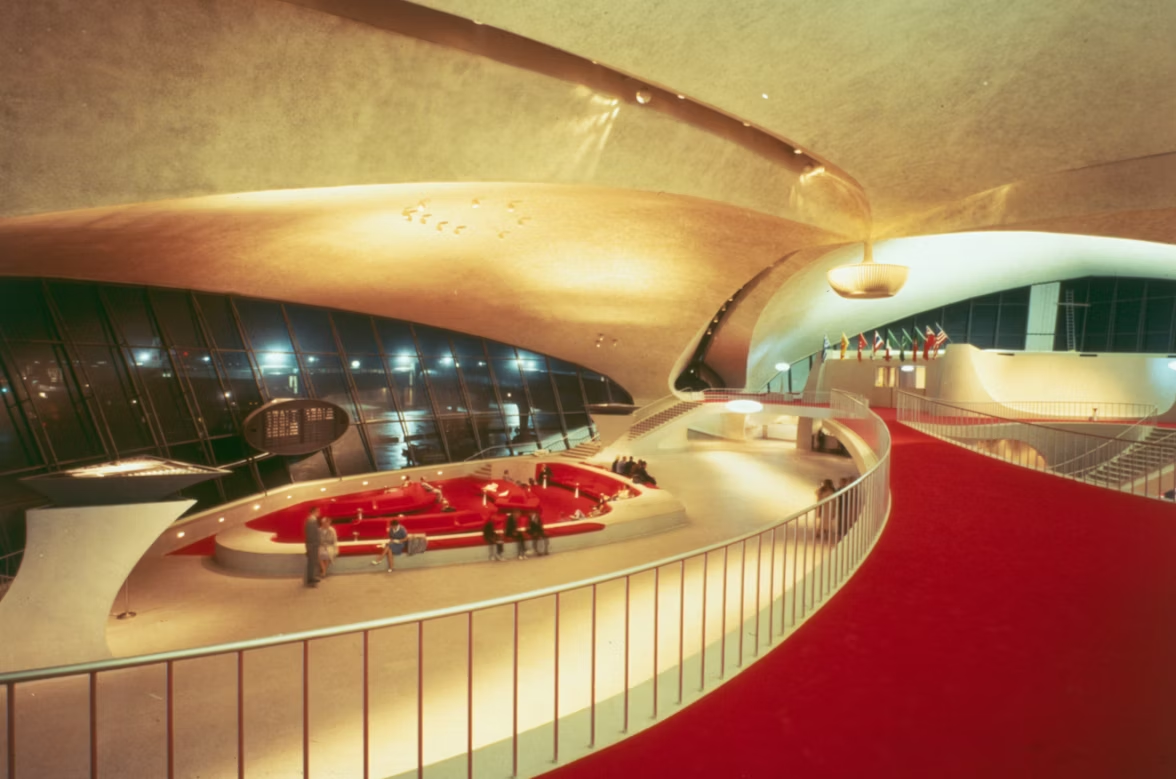
In the dynamic world of design and construction, recognition serves as more than just a ceremonial gesture—it is a driving force that inspires professionals, shapes industry standards, and elevates the quality of the built environment. Celebrating excellence in this sector not only highlights outstanding achievements but also encourages innovation, collaboration, and accountability. By acknowledging exceptional projects and professionals, the industry promotes a culture of continuous improvement, ensuring that each structure reflects creativity, functionality, and sustainability.
Motivation and Professional Growth Through Recognition
Recognition is a powerful motivator for designers, architects, engineers, and construction teams. These professionals dedicate significant time and effort to navigate complex challenges, balancing aesthetics, safety, and efficiency. Awards and accolades validate this dedication, instilling pride and fostering a commitment to excellence.
Acknowledgment of achievement strengthens morale, encourages skill development, and nurtures a positive work culture. When individuals and teams see their work celebrated, they are more likely to embrace ambitious goals, explore innovative solutions, and take ownership of future projects. Recognition is not just personal validation—it becomes a catalyst for professional growth and organizational success.
Driving Innovation Across the Industry
One of the most tangible benefits of recognition in design and construction is its ability to promote innovation. Award-winning projects often exemplify creative thinking, cutting-edge technologies, and practical problem-solving approaches. By highlighting these successes, the industry sets benchmarks for creativity and inspires others to adopt similar practices.
Sustainability is a prime example. Projects recognized for environmentally responsible design encourage firms to integrate green building techniques, energy-efficient solutions, and smart technologies. Similarly, accolades for innovative construction methods push the industry to improve efficiency, safety, and cost-effectiveness. Recognition creates a culture of learning, where professionals continually seek new ideas and solutions, ultimately advancing the industry as a whole.
Enhancing Reputation and Expanding Opportunities
Recognition not only motivates internally but also builds credibility and visibility externally. Award-winning projects and teams gain prominence through industry publications, media coverage, and professional networks. This visibility strengthens professional reputations and opens doors to new business opportunities, collaborations, and partnerships.
For construction firms, accolades become a marketing advantage. Clients often prefer working with recognized teams that have demonstrated excellence, reliability, and innovation. For individuals, awards can accelerate career progression, establish thought leadership, and provide invitations to contribute to influential panels or conferences. Recognition transforms achievement into tangible opportunities for growth and influence.
Setting Standards and Promoting Best Practices
Recognition also plays a crucial role in defining and elevating industry standards. Award programs typically require adherence to rigorous criteria, including design quality, structural integrity, innovation, and sustainability. By aspiring to meet these benchmarks, professionals ensure their work reflects the highest level of craftsmanship and expertise.
Moreover, celebrated projects serve as valuable case studies. They showcase effective techniques, innovative materials, and exemplary project management strategies. Emerging professionals learn from these examples, while seasoned practitioners refine their approaches. Over time, recognition programs help institutionalize best practices and promote a culture of continuous improvement across the design and construction sector.
Impact on Communities and Social Responsibility
Beyond the technical and professional benefits, recognition highlights projects that have a positive impact on the communities they serve. Buildings and infrastructure that prioritize accessibility, inclusivity, environmental responsibility, and cultural significance often receive awards for their societal contribution.
Acknowledging these achievements reinforces the importance of socially responsible design and construction. It encourages firms to consider the broader impact of their work, emphasizing safety, environmental stewardship, and community engagement. Recognition ensures that the built environment serves not only functional needs but also contributes to social well-being and sustainable urban development.
Fostering Collaboration and Industry Unity
Recognition encourages collaboration among diverse disciplines involved in design and construction. From architects and engineers to contractors and project managers, awards underscore the value of teamwork in achieving excellence. Celebrating joint accomplishments strengthens professional relationships, enhances knowledge sharing, and cultivates a cooperative culture.
A collaborative environment, inspired by recognition, allows the industry to tackle complex challenges more effectively. It fosters innovation, enhances efficiency, and ultimately leads to higher-quality outcomes that benefit clients, stakeholders, and the broader community.
Recognition as a Catalyst for Progress
Recognition in design and construction is far more than a ceremonial acknowledgment—it is a strategic tool that elevates the entire industry. By motivating professionals, driving innovation, enhancing reputation, establishing standards, and promoting social responsibility, awards and accolades contribute to the growth of a stronger, more resilient, and creative built environment.
Celebrating excellence encourages professionals to strive for innovation, collaboration, and quality in every project. It inspires emerging talent, informs industry standards, and creates a culture of continuous improvement. Ultimately, recognition ensures that the design and construction industry continues to evolve, delivering spaces that are not only structurally sound and aesthetically appealing but also socially responsible and environmentally sustainable.